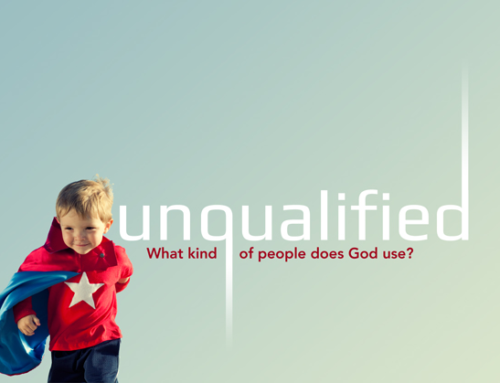Wheaton College and the Struggle with Inclusion
January 12, 2016
Categories: Religion/Spirituality
Wheaton College, a small evangelical Christian college near Chicago, has been mired in controversy over the past month. The short version is that an African American female political science professor named Larycia Hawkins decided to wear a hijab to show solidarity with Muslims following the San Bernardino terrorist attacks. In a post on Facebook, Dr. Hawkins made a comment that Christians and Muslims worship the same God. Dr. Stan Jones, provost of Wheaton College, eventually began the process to terminate Dr. Hawkins and revoke her tenure, claiming that she violated the Statement of Faith that all Wheaton college faculty and students are required to sign.
There have been several articles that have debated whether or not Dr. Hawkins’ theological views fall within the acceptable bounds of the Wheaton College faith statement, and I won’t re-hash those arguments here. (My personal view lies closely with that of theologian Miroslav Volf, who I believe has argued persuasively in support of Dr. Hawkins.) Instead, I would like to highlight the struggle of evangelical Christians (and of religious individuals in general) with the inclusion of individuals and groups who are different.
The Wheaton College controversy highlights the struggle we all have with inclusion. The statement that initially ruffled the feathers of Wheaton College focused on the similarities and common ground between Christians and Muslims in a world that highlights the differences. As the process unfolded, the issue became the amount of inclusiveness (or lack thereof) of the Wheaton College community. How much space was there for faculty members to hold different theological and political perspectives? At what point does a theological or political difference ‘cross the line’ and become ‘out of bounds?’
In the end, the inclusive statements of Dr. Hawkins ended up being too much for the Wheaton College Board of Trustees and Provost Stan Jones. Instead of erring on the side of inclusiveness and solidarity, the college took a stand on making distinctions and drawing boundaries.
Those two perspectives really are at odds with one another, aren’t they? The more we focus on distinctions about who is in and who is out, the less able we are to show solidarity to those who are different from us. The more we draw sharp boundaries between ‘us’ and ‘them,’ the less able we are to exhibit radical inclusion and love a world in need.
I think Jesus would have erred on the side of solidarity and love, which is why I stand with Dr. Hawkins.
Discussion: What do you think of the Wheaton College controversy? How do you respond when you feel a tension between focusing on distinction vs. inclusion?
Related Thoughts
No Comments
Leave A Comment

Subscribe To My Newsletter
Join my mailing list to receive the latest blog posts.
Receive my e-book “The Mental Health Toolkit” for free when you subscribe.






Wheaton is a private Christian college. They should not have to be “inclusive.” People pay to send their children to Christian colleges because they are just that. I tire of the current rage to make everything pooled together: co-ed dormitories, gender neutral bathrooms, Christianity combined with all other religions, young children being given allowed to start the process of becoming transgender. Not everything needs to be eradicated that is separate. The “melting pot” was never meant to stir everyone together so that we are all the same. But, coming back to the original articke, No, Islam is NOT the same as Christianity. No problem talking about it in a class, big problem forcing it on a private school. I find That to be a trampling of religious freedom.
Ann, thanks for your comment. I think you bring up an important point. When we talk about the importance of tolerance toward different perspectives, I think that should include tolerance of places such as Wheaton College to be distinct. Tolerance shouldn’t mean that we try to make everyone the same. Differences are important and should be respected.
I agree with you that Islam is not the same as Christianity. But Dr. Hawkins didn’t make that claim–she stated that Muslims and Christians worship the same God (http://drlaryciahawkins.org/2016/01/06/theological-statement-by-dr-hawkins/). This is a theological position that is held by prominent evangelical theologians such as Miroslav Volf (https://www.washingtonpost.com/news/acts-of-faith/wp/2015/12/17/wheaton-professors-suspension-is-about-anti-muslim-bigotry-not-theology/) and John Stackhouse (http://www.johnstackhouse.com/2015/12/16/do-muslims-and-christians-worship-the-same-god/). Others, such as Albert Mohler, have taken the opposite position (http://www.albertmohler.com/2015/12/18/do-christians-and-muslims-worship-the-same-god/).
This is an issue that is discussed and debated within Christianity–and it is healthy to do so. However, there didn’t seem to be room at Wheaton College for different perspectives on this issue.
[…] they seem to overreact. Wheaton College removed a tenured professor (one of the only female professors of color at the college) last year fo… and making a comment on social media that Christians and Muslims worship the same God (a […]